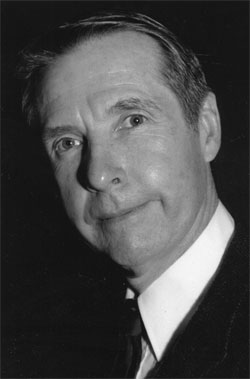Filed Under > Research/Publications
Talking Chairs
In videotaped interviews, four TC department chairs weigh in online on the work of their faculty, adding to knowledge in their field and their own research
The interviews are posted along with this article and some snippets follow here. More interviews of department chairs will be posted in the future.
Margaret Crocco, Chair of the Department of Arts and Humanities, says her department, the largest at TC, poses and tries to answer the fundamental questions surrounding education: “Why do we educate, and what are the earmarks of the educated person?” Crocco, who assumed chairmanship of the department last summer, says she would like to use technology to enhance the department’s work and visibility. (See Interview)
John Saxman, Chair of the Department of Biobehavioral Sciences, says his department is “interested in the biological and behavioral underpinnings of some fairly important human activity: action and movement, communication and its disorders in human beings, and the way in which the brain functions to support those activities—and also the activities involved in learning.” (See Interview)
Warner Burke, Chair of the Department of Organization and Leadership, says the main thread linking all six programs in his wide-ranging department is the quest to understand how organizations learn: “Learning is paramount for organizational survival,” Burke says, adding that “We see no organization that’s not within our domain.” That includes the U.S. Army, with which the department is partnering. (See Interview)
O. Roger Anderson, Chair of the Department of Mathematics, Science and Technology, says the department is trying to reverse two major, negative trends in American education: the failure to prepare a sufficient number of teachers who can teach inquiry-based science, involving hands-on experimentation, at the elementary school level; and the failure of schools to devote sufficient time to science. “Science is so critical to 21st century citizenry,” Anderson says. “We’re actually misappropriating our time and effort in some cases in the schools, not to have enough science embedded in the other activities of the curriculum.” (See Interview)
John P. Allegrante, Chair of the Department of Health and Behavior Studies, explains that his department functions in three large clusters: Applied Psychology, which includes the school psychology and reading specialist programs; Special Education, comprised of nearly a dozen different programs that train teachers to work with intellectually, psychologically or physically challenged students; and the Health Cluster, which includes health and nursing education. (See Interview)
Published Wednesday, Dec. 10, 2008




